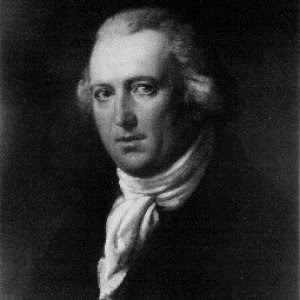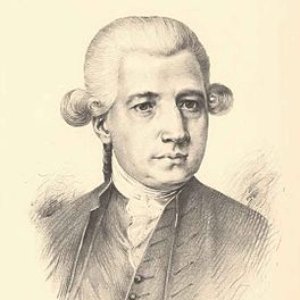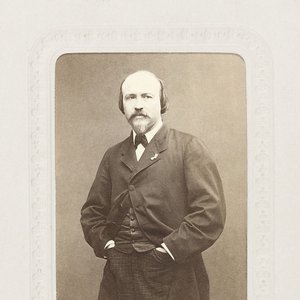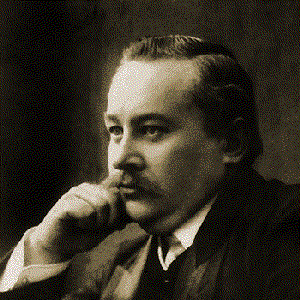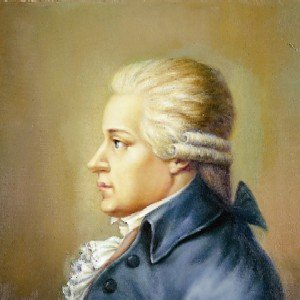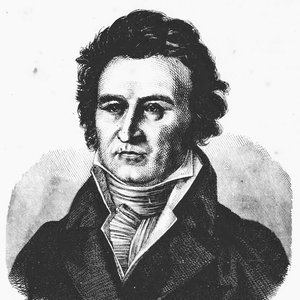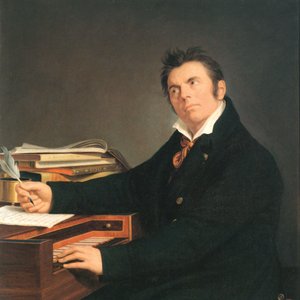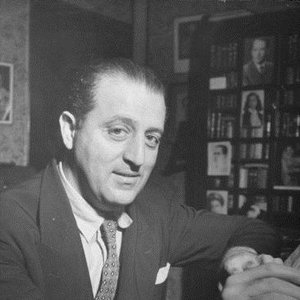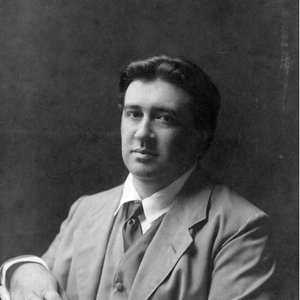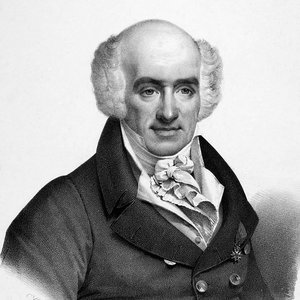Biography
-
Born
15 June 1763
-
Born In
Schwetzingen, Baden-Württemberg, Germany
-
Died
13 April 1826 (aged 62)
Franz Ignaz Danzi (June 15, 1763 - April 13, 1826) was a German cellist, composer and conductor, the son of the noted Italian cellist Innocenz Danzi. Born in Schwetzingen, Franz Danzi worked in Mannheim, Munich, Stuttgart and Karlsruhe, where he died.
Danzi lived at a significant time in the history of European concert music. His career, spanning the transition from the late Classical to the early Romantic styles, coincided with the origin of much of the music that lives in our concert halls and is familiar to contemporary classical-music audiences. As a young man he knew Mozart, whom he revered; he was a contemporary of Beethoven, about whom he—like many of his generation—had strong but strongly mixed feelings; and he was a mentor for the young Weber, whose music he respected and promoted.
Born in Schwetzingen and raised in Mannheim, Danzi studied with his father and with Georg Joseph Vogler before he joined the superlative orchestra of the elector Karl Theodor in 1778 as a teenager. In 1780 the first of his woodwind compositions was published at Mannheim. His father, principal cellist of the orchestra, was praised by Mozart for his playing at the premiere of Idomeneo. Danzi remained behind in a more provincial Mannheim when Karl Theodor moved his court to Munich in 1778. After an apprenticeship with the small theater orchestra left in Mannheim, he rejoined the main court in Munich as principal cellist—taking his father’s position—in 1784.
In 1790 he married the singer Maria Margarethe Marchand, with whom he travelled in an opera troupe to Leipzig, Prague, Venice, and Florence.
By 1798, once more in Munich, he rose to the position of assistant Kapellmeister in one of the most important musical centers of Europe, but in 1807, unhappy at the treatment he received at court and despairing of any further advancement, he left Munich to be Kapellmeister in the smaller and less important Stuttgart court of Frederick I of Württemberg, the new king of Württemberg. After five years he moved again to Karlsruhe, where he spent the last years of his life at the Royal Konservatorium struggling to raise the modest courtly musical establishment to respectability.
Although not himself a composer of the first rank, Danzi was a highly competent musician. At best, his music is charming, tuneful, and well crafted. He is known today chiefly for his woodwind quintets, in which he took justifiable pride for the idiomatic treatment of the individual instruments. He composed in most major genres of the time, including opera, church music, orchestral works, and many varieties of chamber music. He was a first-rate cellist as well as a conscientious and—by all reports—effective orchestra leader and conductor.
Francesca Lebrun (1756-1791), a singer and composer, was Franz Danzi's sister.
At Schwetzingen, the city concert hall was renamed in his honor in 2005.
Artist descriptions on Last.fm are editable by everyone. Feel free to contribute!
All user-contributed text on this page is available under the Creative Commons Attribution-ShareAlike License; additional terms may apply.

